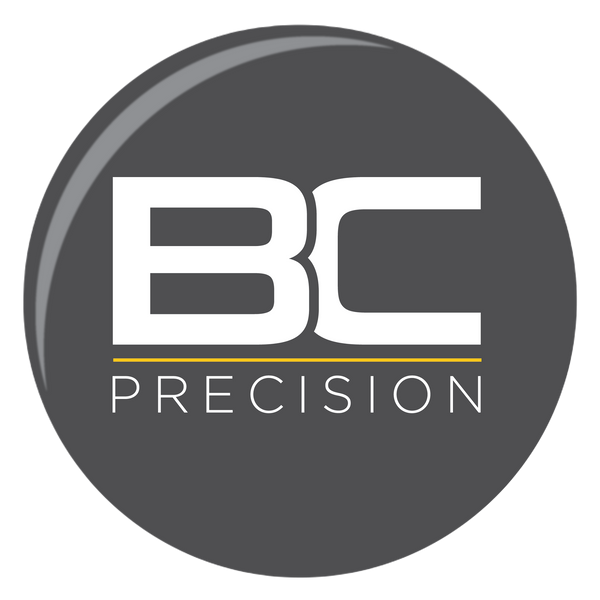Precision Balls: The Vital Heartbeat of Robotics and Automation
The world of robotics and automation is experiencing explosive growth, fueled by advancements in technology and the ever-growing demand for efficiency. At the heart of these complex machines lie precision balls, playing a critical role in their smooth and accurate operation.
The increasing demand for precision balls in robotics and automation stems from several key factors:
- Miniaturization: Robotics is moving towards smaller, more compact machines, requiring equally miniaturized components with high precision. Precision balls offer the ideal solution, delivering superior performance in confined spaces.
- High Speed and Accuracy: Robotic systems operate at high speeds and require precise movement. Precision balls ensure minimal friction and wear, guaranteeing smooth and accurate operation, even at demanding speeds.
- Durability and Reliability: Robots and automated systems operate in demanding environments, requiring components with exceptional durability and resilience. Precision balls, manufactured from high-quality materials and subjected to rigorous testing, guarantee long-lasting performance and minimal downtime.
- Low Maintenance: Automation relies on minimal human intervention. Precision balls are self-lubricating and require minimal maintenance, reducing downtime and operational costs.
The specific requirements for precision balls in robotics and automation applications are stringent:
- Dimensional Accuracy: Precise ball diameters and tight tolerances are crucial for ensuring smooth operation and preventing wear and tear on other system components.
- Surface Finish: A smooth and flawless surface finish minimizes friction and maximizes efficiency, contributing to optimal performance.
- Material Properties: The material used for precision balls must be strong, durable, and resistant to wear and tear. Common materials include chrome steel, stainless steel, and ceramic.
- Cleanliness: The presence of even microscopic contaminants can significantly impact performance and lifespan. Precision balls for robotics require strict cleanliness standards to ensure optimal performance.
Meeting the Demand:
Manufacturers of precision balls are constantly innovating to meet the growing demand from the robotics and automation industry. They are focusing on:
- Advanced materials: Research and development into new materials with improved properties, such as higher strength, lower friction coefficient, and increased resistance to wear and tear.
- Improved manufacturing processes: Continuous improvement in production techniques ensures consistent quality and reduces manufacturing costs.
- Specialized testing: Implementing sophisticated testing procedures to guarantee that precision balls meet the stringent requirements of robotic and automation applications.
The Future of Precision Balls:
As the robotics and automation industry continues to flourish, the demand for high-quality precision balls will only increase. By staying at the forefront of innovation and collaborating closely with the industry, manufacturers of precision balls can continue to provide the essential components that drive the future of automation.
Investing in quality:
Choosing the right precision balls for your robotic or automation application is crucial for ensuring optimal performance and minimizing downtime. By partnering with a reliable manufacturer with a proven track record in the industry, you can be confident you are investing in components that will deliver the precision, reliability, and longevity your project demands.
